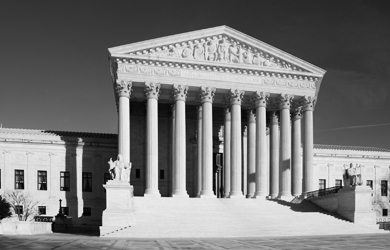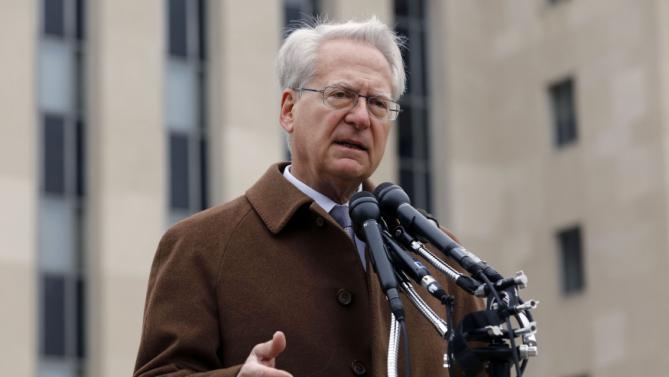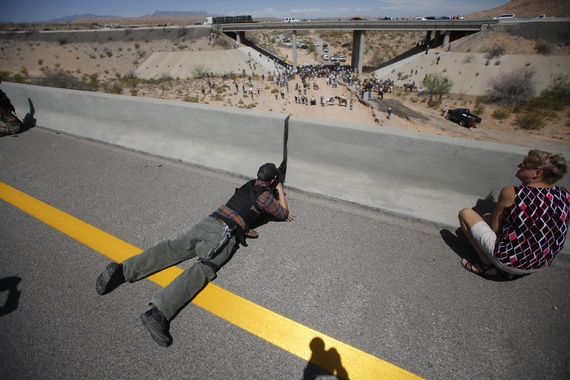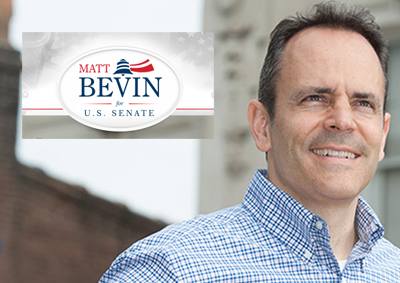Cloistered away in a not-so-secret meeting during the Council for National Policy conference in Utah last month, a who’s who of right-wing leaders, led by Focus on the Family’s James Dobson, emerged to issue a not-so-subtle message to the Republican Party: if frontrunner Rudy Giuliani gets the nomination, we’re gone. The threat alone was enough to prompt Giuliani to rethink his plans and suddenly decide to appear at this weekend’s “Values Voter Summit,” convened by Dobson’s allies at the Family Research Council.
With just over a year to go before the next presidential election, the Republican Party faithful are in some disarray, with wails of discontent over the field of primary contenders deemed insufficiently committed to advancing the “social conservative” agenda, or insufficiently willing to talk about their faith, or insufficiently likely to make it through the primaries. While the campaigns of Fred Thompson, Mitt Romney, and Mike Huckabee have managed to pick off a few leaders and activists here and there, the only thing keeping the Right even somewhat unified at this point is Rudy Giuliani’s lack of anti-gay, anti-choice credentials and the threat of what his candidacy would mean for their influence within the party.
The resolution drafted in Salt Lake City says that if “the Republican Party nominates a pro-abortion candidate we will consider running a third-party candidate” – but who exactly is “the Republican Party”? It’s not as if RNC strategists pick the nominee. That’s up to the voters who participate in GOP primaries and caucuses.
So in essence, the Right is not so much threatening “the Republican Party” as it is Republican Party voters and trying to blackmail them by saying that if they think Giuliani, as his campaign likes to point out, is “the only Republican candidate that can beat” Hillary Clinton, they had better think again — because he can’t do that if anywhere from a quarter to a half of their activists refuse to vote for him.
The apparent goal of the Right’s current posturing, threats, and hand-wringing is to damage Giuliani’s chances in the primary and prevent him from winning the nomination – thus, saving the Right from having to make difficult decisions regarding principles, prudence, and practicality heading into the 2008 election.
If Giuliani becomes the GOP nominee, some right-wing leaders may actually refuse to back him, and cast third party protest votes, just as James Dobson did in 1996. But it’s not clear whether they would be able to generate any sort of substantial, active opposition to Giuliani in the general election since many right-wing leaders and activists believe the Supreme Court is the ultimate prize in the election. And no candidate has been more openly pledging to deliver a High Court dominated by right-wing ideologues than Giuliani.
Knowing that his record on social issues cannot win over the Right, Giuliani has invested heavily in the message that he will appoint justices in the mold of Scalia, Thomas, Roberts, and Alito – tempting the socially conservative base with repeated and explicit promises to deliver on their most cherished of causes. On top of that, he has filled his Justice Advisory Committee with Federalist Society members and right-wing ideological stalwarts such as Miguel Estrada, Ted Olson, Steven Calabresi, and Larry Thompson – men who not only share the Right’s vision for the nation’s federal courts, but keenly understand the importance of the issue to the Republican Party and its base.
Come crunch time in the fall of 2008, it doesn’t seem likely that right-wing voters and leaders will be able to completely ignore, much less forsake, this basic fact — especially if Giuliani’s opponent is Hillary Clinton, hatred of whom has fueled many a right-wing group’s fundraisers.
So despite the current claims by Dobson that Giuliani is unreliable when it comes to such promises on judges, or by FRC’s Tony Perkins that Religious Right leaders will not be swayed by them, when faced with the prospect of backing Giuliani or helping him go down in defeat to the Democratic nominee, it will probably not take long for the current talk of abandonment to be matched by lots of talk of the need to maintain the “higher principle” of protecting the country from the unmitigated catastrophe of a possible Democratic administration and its nominations to the Supreme Court.
Under this scenario, should Giuliani ultimately win the election, the Right would proclaim that it was the support of the “values voters” that propelled him to victory. Right-wing leaders would demand to be rewarded with the next Supreme Court vacancy – and would remind the new White House that the Right humiliated the Bush administration when it didn’t meet their expectations with the Harriet Miers nomination. Should Giuliani lose, on the other hand, Dobson and others would quickly trot out their standard claim that he was defeated because he was not fully committed to their political agenda and failed to energize the mythic “values voters” they claim to represent.
Backing Giuliani, even half-heartedly, would be a bitter pill for some Religious Right leaders. But the bigger threat to their influence within the Republican Party would be to have him win without their support or over their opposition. Watching Giuliani ascend to the White House without them is something the Right simply cannot allow to happen, as it would destroy the notion, which they have long cultivated, that Republican candidates cannot win without their support. Such a development would severely curtail their power and influence, not only within the GOP, but within national politics in general.
While some might calculate whether their own power is better served by working actively to defeat a nominee who doesn’t meet their standards, blame the nominee for the election of a Democratic president, and work to ensure a more suitable nominee four years down the road, this is a dangerous and potentially devastating gamble – one that these savvy and influential leaders are unlikely to make without serious debate, disagreement, and trepidation. After all, they currently have the major candidates nearly falling over themselves to appear at the summit honoring Dobson, despite the fact that Dobson himself has written the majority of them off as entirely unacceptable, which reflects a level of power that is not easily acquired – nor is it hastily renounced.
But that discussion can be put off for several months. For now, their goal is to generate some press attention, throw their weight around a bit, and see if they can come up with a candidate they can rally around – one who might keep Giuliani from the nomination. The national press is sure to be watching this weekend’s summit and reporting the results of the straw poll – and that coverage could give a trailing candidate a boost.
As to figuring out whether Dobson’s threats are real or the kind of posturing he has engaged in before, it’s good to remember a point that Dobson himself made to Sean Hannity recently: “You’re assuming that the election is going to be tomorrow. It is 13 months away. Things change.”








